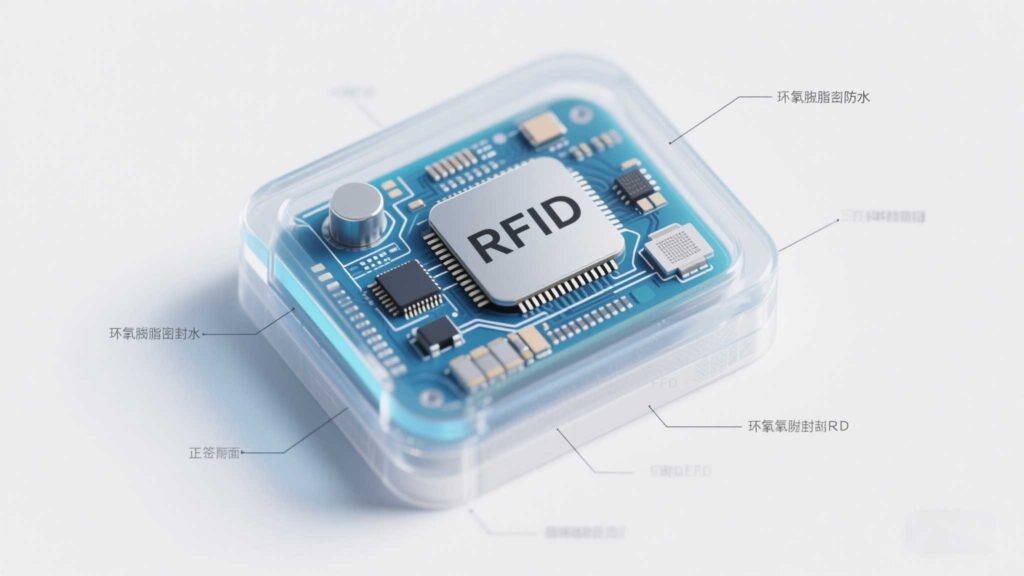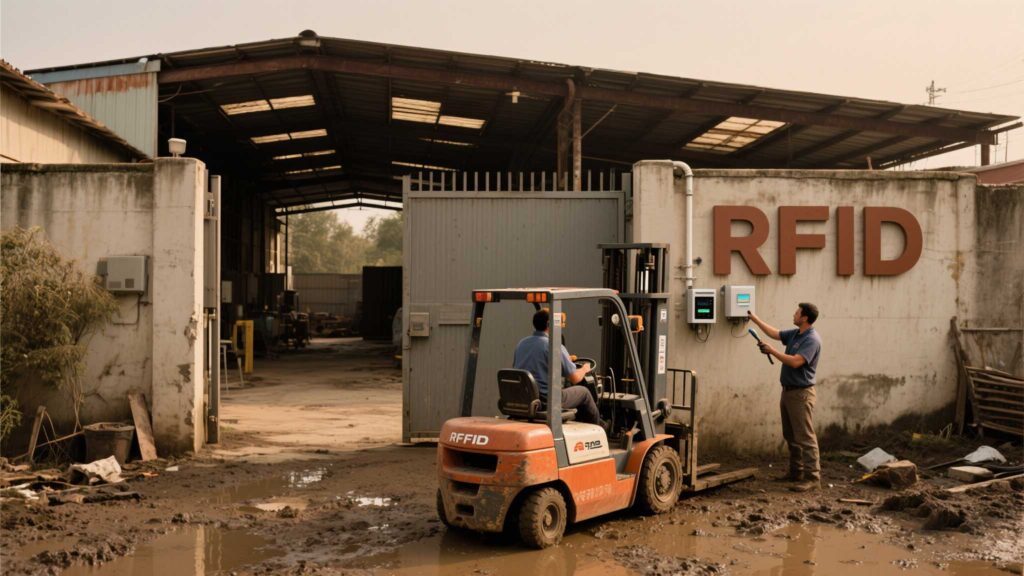How to Choose Fixed RFID Readers for Construction Site Tool Tracking?
471Discover how to select the best fixed RFID readers for construction site tool tracking. Learn Cykeo’s durability, range, and integration tips for rugged environments.
MoreAll RFID Product
Tracking assets outdoors is like trying to read a book in a hurricane—wind, rain, and dirt conspire to ruin your day. Standard RFID modules fail here, but waterproof designs thrive. Whether you’re monitoring construction equipment, shipping containers, or agricultural tools, this guide reveals how to build a weatherproof RFID system that works when storms hit.

Case Study: A wind farm using Cykeo’s IP68 modules cut turbine part losses by 60% despite coastal salt spray.
a. Ingress Protection (IP) Ratings
b. Material Durability
c. Temperature Resilience
Look for:
Pro Tip: Test tags in your harshest environment for 2–4 weeks before full deployment.

Step 1: Positioning Readers
Step 2: Cable Management
Step 3: Tag Placement

Example: Cykeo’s marine-grade readers helped a ferry operator track lifejackets across 20 vessels, reducing loss rates by 75%.
Takeaway: Waterproof RFID modules are non-negotiable for outdoor asset tracking. By prioritizing IP67+/IP68 ratings, rugged materials, and smart installation, you’ll build a system that laughs off storms, mud, and salt spray. Start with a pilot—tag 10–20 high-value assets—and expand as confidence grows. Remember: paying a 20% premium for durability today can save 200% in replacements tomorrow.
Discover how to select the best fixed RFID readers for construction site tool tracking. Learn Cykeo’s durability, range, and integration tips for rugged environments.
MoreChipless RFID is emerging as next-generation identification technology. This article compares its structure, working principle, frequency, data capacity, and cost with traditional RFID, helping businesses evaluate its use cases.
MoreEver wondered how that tiny chip talks to its antenna? We explain the real-world micro-manufacturing that connects an RFID chip to its antenna for reliable tracking.
MoreDiscover how handheld RFID readers streamline retail stock audits. Learn setup, scanning best practices, and integration with POS systems for 99% inventory accuracy.
More